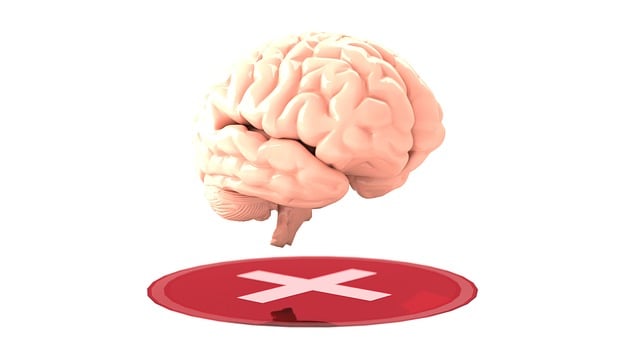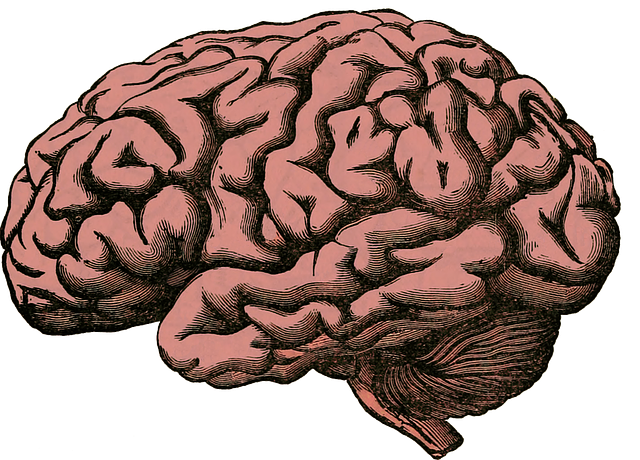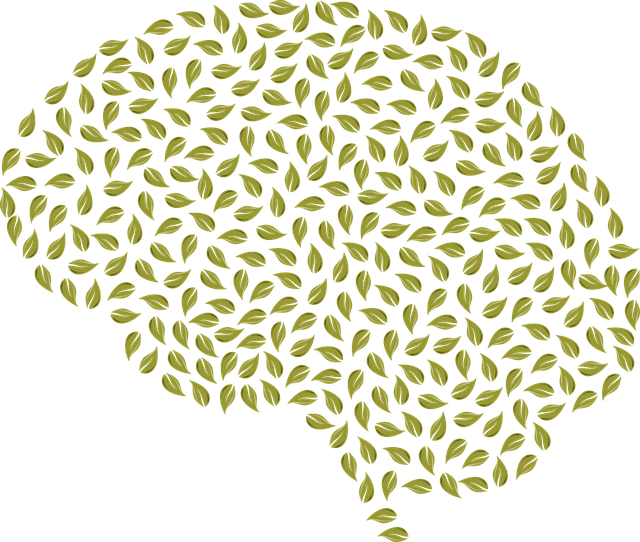Mindfulness meditation is a powerful tool for healing and self-discovery, particularly beneficial in conjunction with superior alcohol abuse therapy. By focusing on the present moment without judgment, individuals gain increased self-awareness, enabling better emotional regulation and stress management. This practice enhances overall well-being, improves social skills training, and fosters resilience among mental health professionals. Scientific research supports mindfulness's positive impact on mental and physical health, making it a promising approach for alcohol abuse therapy, burn-out prevention, and stress management. Creating a dedicated tranquil space at home, incorporating regular sessions, and using mental health education resources can maximize mindfulness's effectiveness. Challenges faced by beginners can be overcome through goal setting, guided meditations, and short daily sessions, with support from professionals and support groups. Integrating mindfulness into daily routines offers a holistic approach to superior alcohol abuse therapy, promoting conscious choices for healthier behaviors and strengthening community resilience.
“Unwind your mind and embrace tranquility with our comprehensive guide to mindfulness meditation. This ancient practice, backed by modern neuroscience, offers profound healing benefits, especially in managing issues like superior alcohol abuse therapy. From understanding its core principles to establishing a home practice, we’ll navigate you through each step. Learn how mindfulness can transform your brain, overcome common hurdles, and integrate this powerful tool into your daily routine for lasting well-being.”
- Understanding Mindfulness Meditation: A Foundation for Healing
- The Science Behind Mindfulness and Its Impact on the Brain
- Setting Up a Successful Meditation Practice at Home
- Common Challenges and How to Overcome Them
- Integrating Mindfulness into Daily Life for Lasting Change
Understanding Mindfulness Meditation: A Foundation for Healing

Mindfulness meditation is a powerful tool for healing and self-discovery, offering a foundation for those seeking to overcome challenges such as superior alcohol abuse therapy. It involves a conscious focus on the present moment, observing thoughts and sensations without judgment. This simple yet profound practice can help individuals develop a deeper sense of self-awareness, enabling them to navigate life’s stressors more effectively.
By cultivating mindfulness, one can learn to recognize and manage emotional responses, enhance overall well-being, and even improve social skills training. It is particularly beneficial for mental health professionals who often deal with complex cases requiring sophisticated risk management planning. Mindfulness meditation provides a space for reflection and self-care, allowing professionals to maintain resilience and offer the best care possible to their clients, including those struggling with substance abuse disorders.
The Science Behind Mindfulness and Its Impact on the Brain

The practice of mindfulness meditation has gained significant traction in recent years due to its profound impact on mental and physical well-being. Scientific research has uncovered a wealth of evidence highlighting the transformative power of mindfulness, offering valuable insights into its mechanisms within the brain. Studies using advanced neuroimaging techniques have shown that regular mindfulness practice can induce structural changes in specific brain regions associated with attention, emotion regulation, and self-awareness.
This scientific exploration reveals that mindfulness meditation strengthens neural connections, enhances cognitive flexibility, and promotes a sense of calm by downregulating activity in stress response systems. These findings are particularly relevant to understanding the potential of mindfulness as a superior alcohol abuse therapy, burn-out prevention strategy, and tool for stress management. Moreover, it underscores the importance of risk assessment for mental health professionals who can now incorporate evidence-based mindfulness techniques into their practice to support clients more effectively.
Setting Up a Successful Meditation Practice at Home

Creating a dedicated space at home for your mindfulness meditation practice can significantly enhance its effectiveness. Start by choosing a quiet area where you won’t be disturbed, and ensure it’s comfortable yet conducive to focus. A well-lit room with a clean, clutter-free environment is ideal. Consider adding elements that promote relaxation, such as soft lighting, plants, or soothing artwork. Creating this tranquil setting can help signal your mind that it’s time to switch off from daily stresses and prepare for meditation.
Regularity is key to establishing a successful home practice. Aim for a consistent time each day, whether it’s in the morning to set a calm tone for the day ahead or before bed to unwind. Consider incorporating mental health education programs designed to support your journey. Even brief mindfulness exercises or meditation apps can be valuable tools. Over time, you may find yourself becoming more attuned to your thoughts and emotions, which is not only beneficial for relaxation but also has potential applications in depression prevention and superior alcohol abuse therapy.
Common Challenges and How to Overcome Them

Many individuals seeking mindfulness meditation practice often face challenges that can hinder their progress. One common obstacle is the struggle to maintain focus, especially for beginners. The mind’s natural tendency to wander can be overwhelming, but there are strategies to overcome this. Setting a specific and achievable goal, such as focusing on the breath for a set period, can help. Additionally, using guided meditations or apps designed for beginners can provide much-needed support and make the practice more engaging. These tools often offer reminders and techniques to bring your mind back to the present moment without judgment.
Another challenge is integrating mindfulness into daily life, especially when dealing with stress or mental health issues. Incorporating short meditation sessions throughout the day can be beneficial. Start with just a few minutes in the morning and evening, focusing on simple awareness exercises. Over time, you can increase the duration of your practice. Remember, consistency is key; even brief mindfulness moments can contribute to significant improvements in managing stress reduction methods and fostering positive thinking. Moreover, joining support groups or seeking guidance from professionals specializing in mental illness stigma reduction efforts can provide valuable tools and encouragement to persevere through challenges.
Integrating Mindfulness into Daily Life for Lasting Change

Integrating mindfulness into daily life is a powerful approach to cultivate lasting change, especially for those seeking superior alcohol abuse therapy. By incorporating simple yet effective self-awareness exercises, such as mindful breathing or body scans, individuals can develop a deeper connection with their thoughts and emotions. This enhanced self-awareness allows people to recognize triggers and patterns that contribute to alcohol abuse, enabling them to make conscious choices for healthier behaviors.
Beyond individual benefits, practicing mindfulness has implications for mental health policy analysis and advocacy. By promoting inner strength development through mindfulness, communities can foster resilience and reduce the prevalence of substance abuse. Awareness and support for mental health initiatives, backed by evidence-based practices like mindfulness, can lead to more effective interventions and improved well-being for all.
Mindfulness meditation offers a powerful tool for healing and personal growth, as evidenced by its positive impact on brain function and mental well-being. By incorporating practices outlined in this article—from understanding the basics to integrating mindfulness into daily routines—individuals can embark on their journey towards improved focus, reduced stress, and better overall health. Remember, consistent practice is key; even short meditation sessions can make a significant difference over time, potentially transforming lives and fostering positive change, especially when paired with superior alcohol abuse therapy for a holistic approach to well-being.











